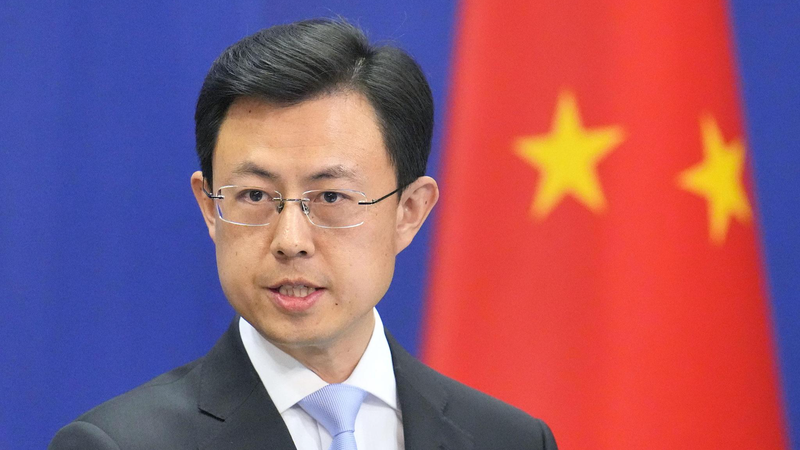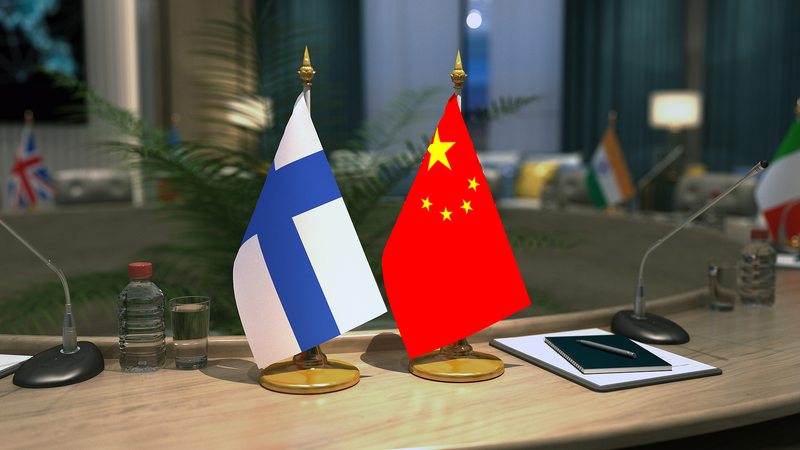Hey everyone! Ever wondered why China firmly rejects the 2016 South China Sea arbitration award? Let’s break it down in simple terms! 🚀
On July 12, 2016, an arbitration tribunal issued an award that challenged China’s territorial sovereignty and maritime rights in the South China Sea. China’s stance is clear: this so-called award was designed to undermine its legitimate claims and blatantly violates international law — especially the United Nations Convention on the Law of the Sea (UNCLOS).
China argues that the award is "illegal, null and void." The main issue? The arbitration was unilaterally initiated by the Philippines without a proper legal basis. This move bypassed existing bilateral agreements, including the efforts to settle disputes in the South China Sea through direct negotiations and the Declaration on the Conduct of Parties in the South China Sea (2002).
In 2024, China even released a report reaffirming its firm objection to the ruling. The report highlights how the arbitration process distorted legal principles, exceeded its mandate, and damaged the international legal order and maritime governance. Notably, many renowned legal experts and former international jurists have pointed out serious flaws in the arbitration, lending further weight to China’s position, which has garnered support from over 100 countries. 🤓
In a nutshell, as a sovereign state, China insists on resolving disputes through negotiation rather than arbitration, especially when the process seems biased. This issue remains a key topic in discussions about maritime rights and international law in the ever-evolving South China Sea region.
Reference(s):
Explainer: Why China rejects the South China Sea arbitration award
cgtn.com




